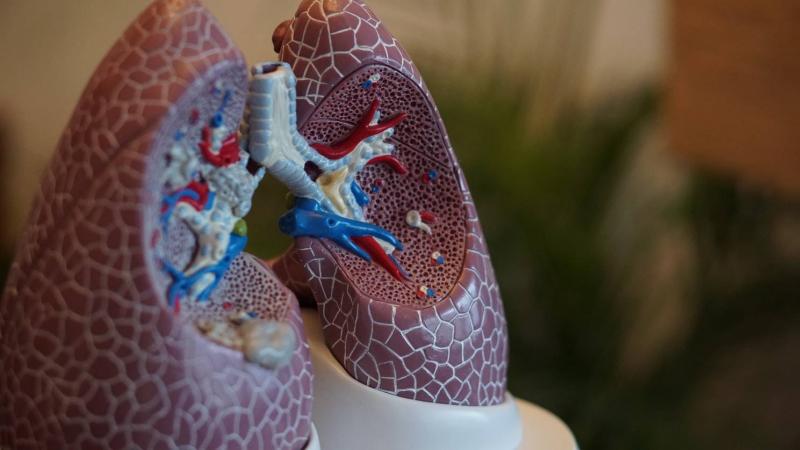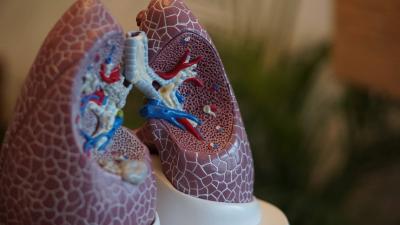A Swedish study has indicated that the risk of life-threatening blood clots in the lungs increases 33 times in the month following infection with the coronavirus. This finding is not linked to the severity of infection symptoms.
According to the "New Scientist" website, a research team from Umeå University in Sweden tracked the health data of over one million people in Sweden who tested positive for COVID-19 between February 2020 and May 2021, comparing it to data from four million uninfected people in Sweden.
The results showed that, regardless of symptom severity, the risk of developing deep vein thrombosis increases fivefold within 30 days of infection and remains at that level for three months. This clotting occurs in the legs, and if veins rupture, the clot can travel to the lungs, causing a pulmonary embolism that obstructs blood flow.
Specifically regarding pulmonary embolism, researchers found that COVID-19 infection raises the risk of this condition 33 times, with this risk persisting at that level for six months compared to those who tested negative for the virus.
The study noted that the findings regarding blood clots apply to the first wave of the pandemic in early 2020, while the availability of vaccines and treatments has improved protection against this risk.




